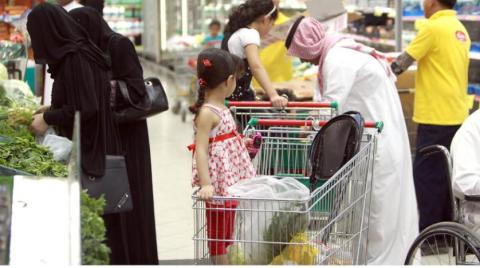
Tunisia’s annual inflation dropped to 7.1 percent in March against 7.3 percent in February, the National Institute of Statistics (INS) announced on Thursday.
This decrease is mainly due to the slow pace of rising food and beverages prices from 8.2 percent in February to 7.5 percent in March.
Inflation also fell following the decision of the Central Bank of Tunisia (BCT) in Feb. to raise its key rate by 100 basis points to 7.75 percent from 6.75 percent, in a step to curb inflation and the record commercial deficit.
The trade deficit reached 11.2 percent of the GDP in 2018 against 10.2 percent in 2017.
Meanwhile, the International Monetary Fund (IMF) mission to Tunisia and a group of businessmen met at the headquarters of the Tunisian Union of Industry and discussed various topics including competitive power of Tunisian economy, environment adequacy, currency exchange rate, foreign exchange, and the crisis of growing deficit trade.
The meeting focused on economic reforms carried out by Tunisia and its economic prospects amid the difficulties facing the country.
The IMF arrived in Tunisia on March 27 for a two-week visit to discuss the sixth tranche of the agreed upon loan – the value of the tranche is around USD270million. IMF will also be briefed on steps taken by Tunis towards reforms.
The IMF has approved a four-year, USD2.9 billion loan for Tunisia to support the authorities’ economic agenda standing on increasing production, supporting exports, creating wealth and increasing annual economic growth rates.
Prime Ministers adviser in charge of tax reform Faisal Derbal expected the IMF to disperse the sixth tranche of the loan mid-April after the mission’s visit to Tunisia is over and assessment of various economic indicators is done.
In the same context, Economist Ezzedine Saidane revealed that the Fund is not fully content with the financial and economic policy adopted by the country, but its taking into consideration the gap between the government’s program and the Tunisian street demands.












